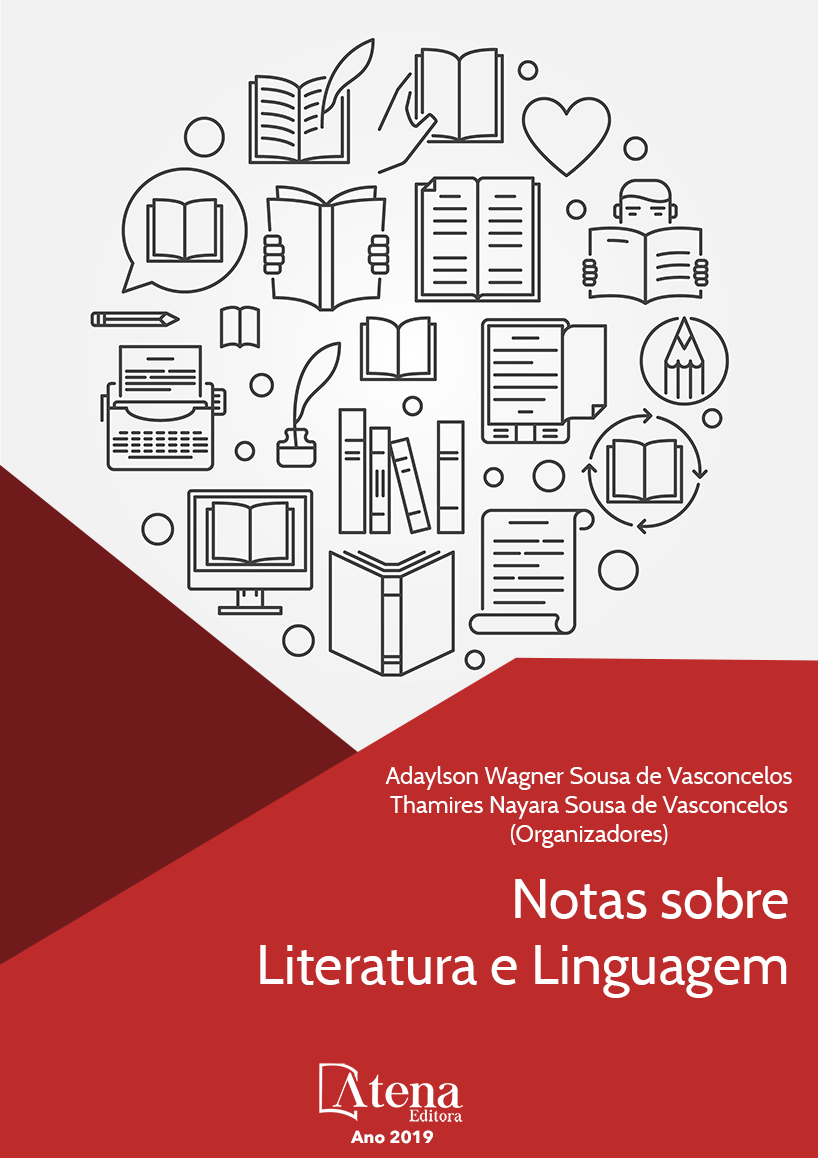
Entretextos: a leitura re-significada
Formar leitores críticos é um dos propósitos fundamentais da escola que não vem sendo cumprido satisfatoriamente e, uma das causas é o desinteresse dos alunos pela leitura. Este trabalho visa a discutir meios para estimular o incentivo à leitura, buscando torná-la mais interessante. De acordo com os PCNs, o aluno deve ser protagonista de sua aprendizagem e o professor um colaborador, o que requer repensar suas aulas e proporcionar atividades significativas, conforme conhecimento prévio do educando. Assim, ao ler um livro, não é essencial “decorar” a história visando à prova ou ao fichamento, mas analisar, interpretar os fatos e compreender o contexto em que foi produzido, para ter condições de questionar, acatar ou refutar os argumentos do autor e com isso iniciar seu exercício de cidadania. A globalização e a inovação tecnológica na comunicação impõem um ritmo imediato e veloz à aprendizagem, logo, cabe à escola dar mais autonomia ao estudante, para que produza conhecimento, ao invés de sobrecarregar-se de informação. A pesquisa cumpre esse papel de despertamento do estudante na busca pelo conhecimento, permitindo que participe efetivamente de sua leitura, crie, explore as linguagens não verbais suscitadas no texto literário e possa realizar o processo de interdisciplinaridade. O referencial teórico utilizado neste trabalho, apoia-se sobretudo nos conceitos de Pedro Demo, Paulo Freire, Ivani Fazenda Carvalho e Angela Kleiman. A metodologia baseia-se na pesquisa documental e em um relato da prática docente no Ensino Médio, cujos resultados foram bastante positivos.
Entretextos: a leitura re-significada
-
Palavras-chave: incentivo à leitura, pesquisa, autonomia, literatura, linguagens
-
Keywords: reading incentive, research, autonomy, literature, languages
-
Abstract:
Training critical readers is one of the fundamental purposes of the school that has not been satisfactorily fulfilled and one of the causes is the students' lack of interest in reading. This paper aims to discuss ways to stimulate reading incentive, seeking to make it more interesting. According to the PCNs, the student must be protagonist of their learning and the teacher a collaborator, which requires rethinking their classes and providing meaningful activities, according to the student's prior knowledge. Thus, when reading a book, it is not essential to “memorize” the story for tests or fiction, but to analyze, understand the facts and the context in which it was produced in order to question, accept or refute the author's arguments. and with that start your exercise of citizenship. Globalization and technological innovation in communication impose an immediate and fast pace to learning, so it is up to the school to give the student more autonomy, so that it produces knowledge, instead of overloading itself with information. The research fulfills this role of awakening the student in the search for knowledge, allowing them to effectively participate in their reading, create, explore the nonverbal languages raised in the literary text and can perform the process of interdisciplinarity. The theoretical framework used in this work is based mainly on the concepts of Pedro Demo, Paulo Freire, Ivani Fazenda Carvalho and Angela Kleiman. The methodology is based on documentary research and an account of teaching practice in high school, whose results were very positive
-
Número de páginas: 14
- EDNA TARABORI CALOBREZI


